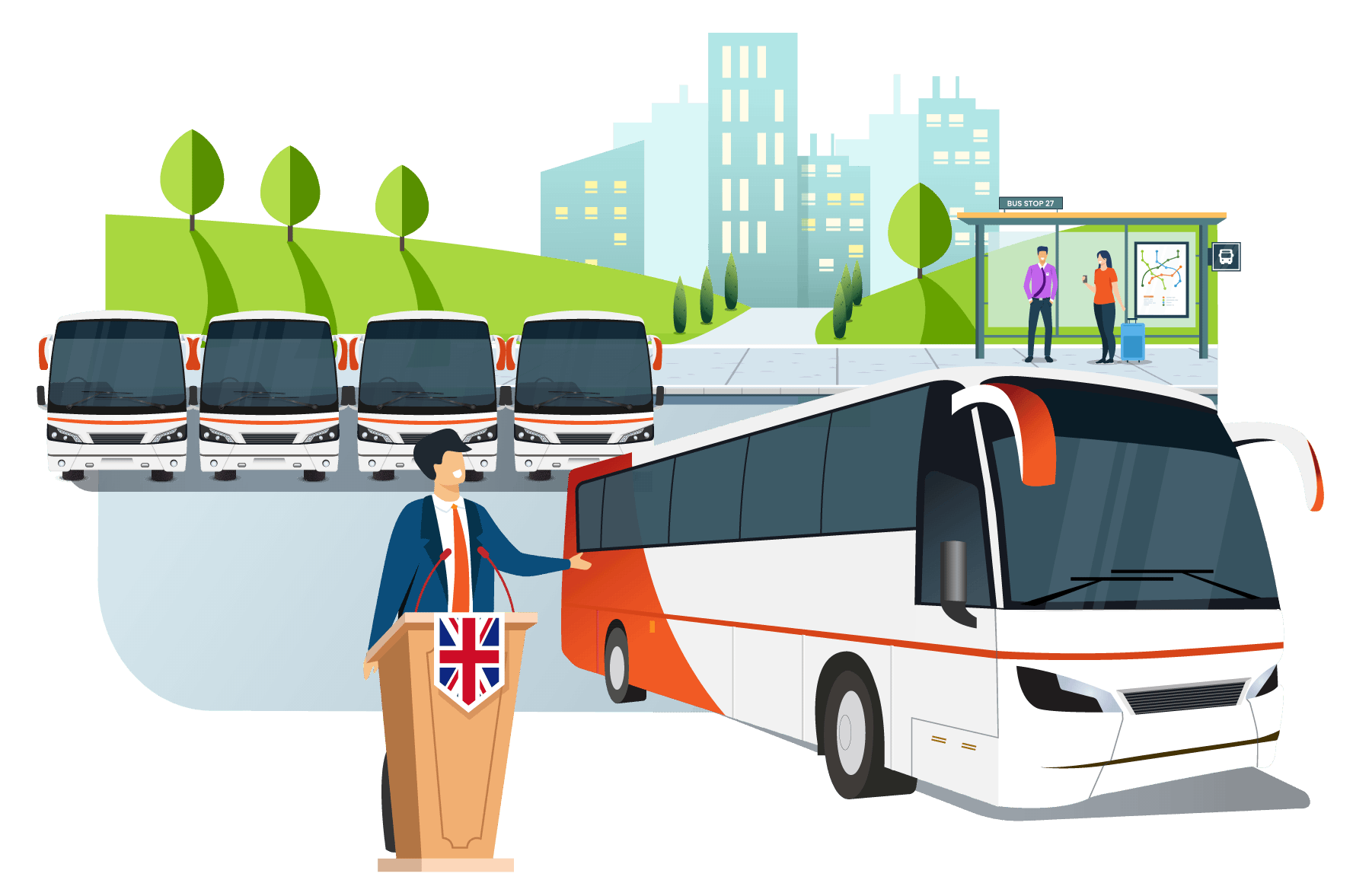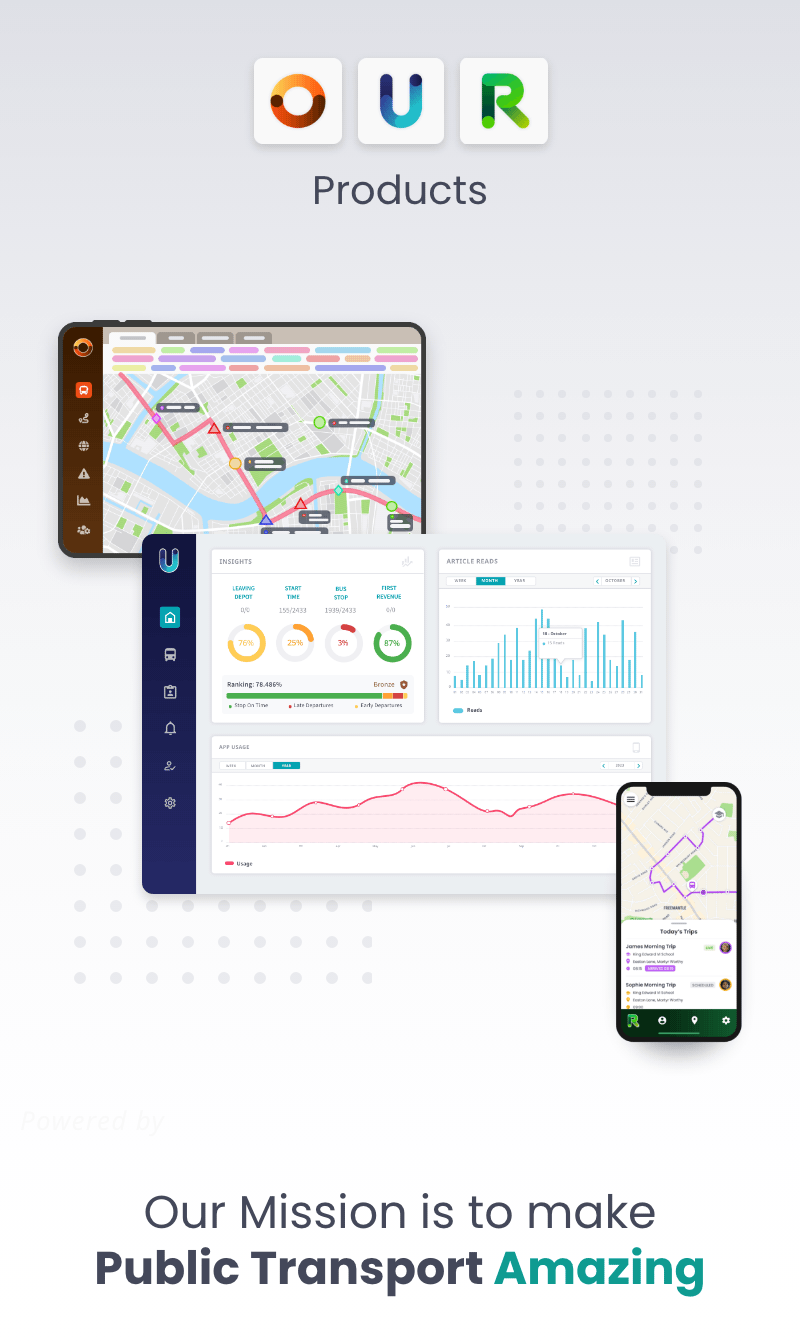The new government has made it very clear that they are fully committed to introducing franchising across the UK, as was recently announced by the Transport Secretary, Louise Haigh. In addition, a number of newly elected mayors and council leaders have also fully committed to introducing the franchising option, based on both the long-term London model and the recent introduction of the Manchester Bee Network, launched by Manchester Mayor, Andy Burnham. That said, there are also a number of areas across the UK where local partnerships have proved to work extremely well. Examples include Leicester, Nottingham, Brighton, Warrington, and Reading.
The case for franchising is partly political, in that the Labour Party has long opposed the principle of private shareholders making large profits on the back of bus passengers, especially at a time when bus patronage has dropped dramatically over the last 14 years of Tory control. Labour argues that the bus is an essential social enabler, as important as health and education, allowing vulnerable people, such as the elderly and young, to access essential services like doctors, hospitals, and schools. In short, the bus promotes social inclusion and should not be a tool to make the private sector richer, which, over the last 40 years of deregulation, has become the norm.
The reality is that it is quite unlikely, where the quality partnership models have worked as well as they have, that it would be wise to dismantle successful partnerships that have consistently increased patronage year on year. Additionally, these partnerships have consistently driven innovation not only within the bus companies but also with vital local authority partners, including highways and planning departments. They have introduced bus priority measures that have enabled reliable and frequent bus services by reducing congestion. Moreover, parking charges in town and city centres have been significantly increased to discourage cars from entering city centres, while focused marketing initiatives have encouraged local residents to use the bus. In Leicester, this overarching unified approach across all partners has had a dramatic effect on quality of life, as private cars have been virtually banned from entering the town centre. This has resulted in large pedestrianised areas, making the public safer and improving air quality, in line with the national zero emission strategy.
One of the main arguments against the franchising model is that it stifles innovation, as bus operators are rewarded for meeting targets set by the local authority. Some argue that focusing on these targets detracts from the needs of bus passengers, with the emphasis placed solely on achieving reliability targets. Taken to the extreme, in an ideal world, bus companies would be better off not picking up any passengers at all, as stopping the bus, issuing fares, and dealing with passengers slows journey times. This makes it harder to meet reliability targets, which in turn means bus operators do not get paid. Time will tell how the new model will evolve; however, whatever option is chosen, the real priority should be developing bus use for local communities to reduce congestion and promote healthier lifestyles, ultimately improving the quality of life for everyone involved.

Written by Austin Birks








